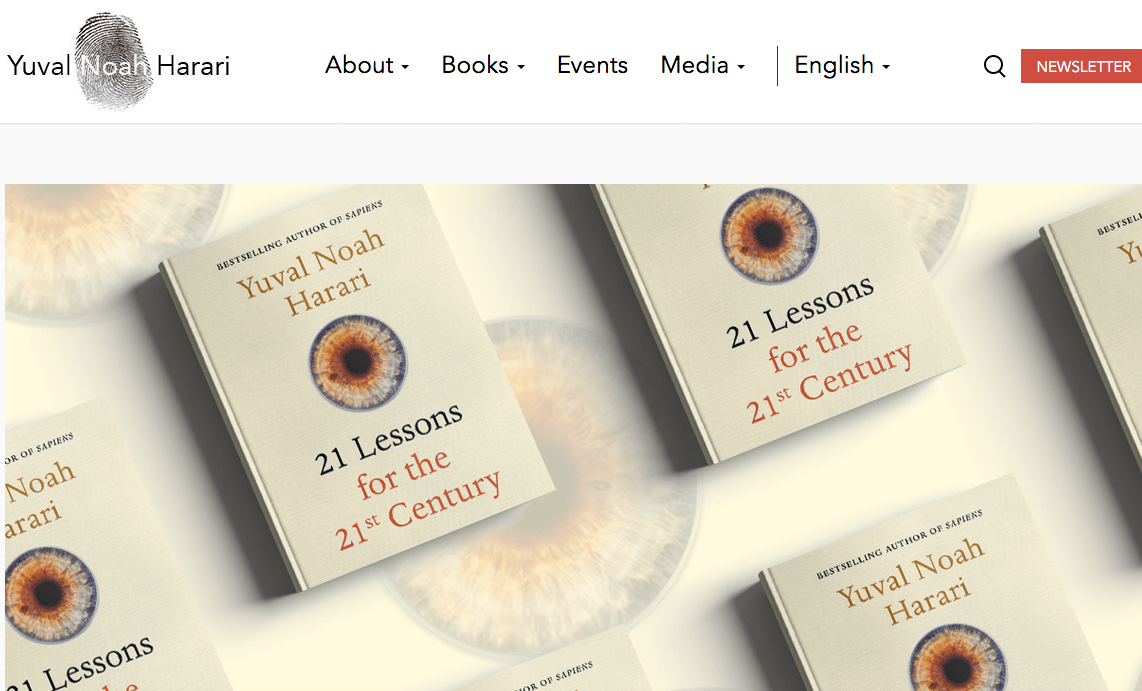
Should local adaptation of a book include replacing potentially sensitive content?
by Pisana Ferrari – cApStAn Ambassador to the Global Village
Yes, according to Yuval Noah Harari-a bestselling author whose books have been translated into over 60 languages and sold over 20m copies-if there is a risk that the book will be banned in a specific country. Harari has recently come under fire for amending the Russian version of his latest book, “21 Lessons for the 21st Century”, to take a softer line on the country’s leader (see https://bit.ly/2Ujj3an). Harari’s representatives defended the amendments in a statement saying the author’s main concern “is to enable the book’s core ideas about the threats of dictatorship, extremism and bigotry to reach diverse audiences.”

In a more recent article for “Newsweek” (https://bit.ly/2ND3vNh), which he shared on Twitter, Harari explained that his guiding principle is to adapt the examples used to explain his ideas, but never to change the ideas themselves. The purpose of examples is to clarify things, he added. If an example creates barriers to understanding instead of clarity, it’s best to replace that example. The tweet sparked lively debate, with some people saying he was wise in doing so as the core message of the book remains intact, and others accusing him of forbearance and complicity with authoritarian regimes. A dilemma with no easy solution…